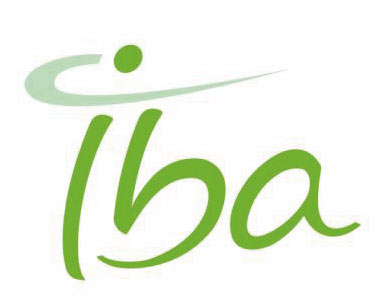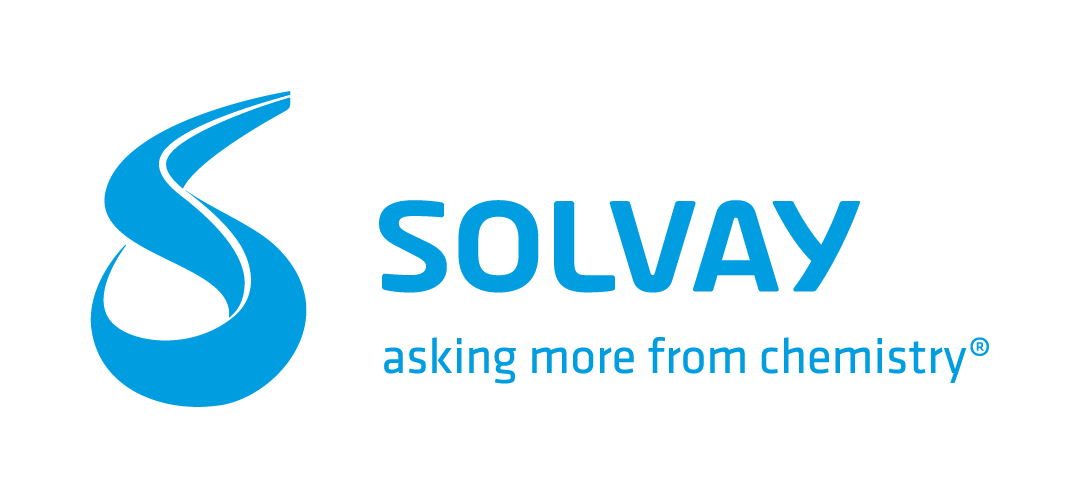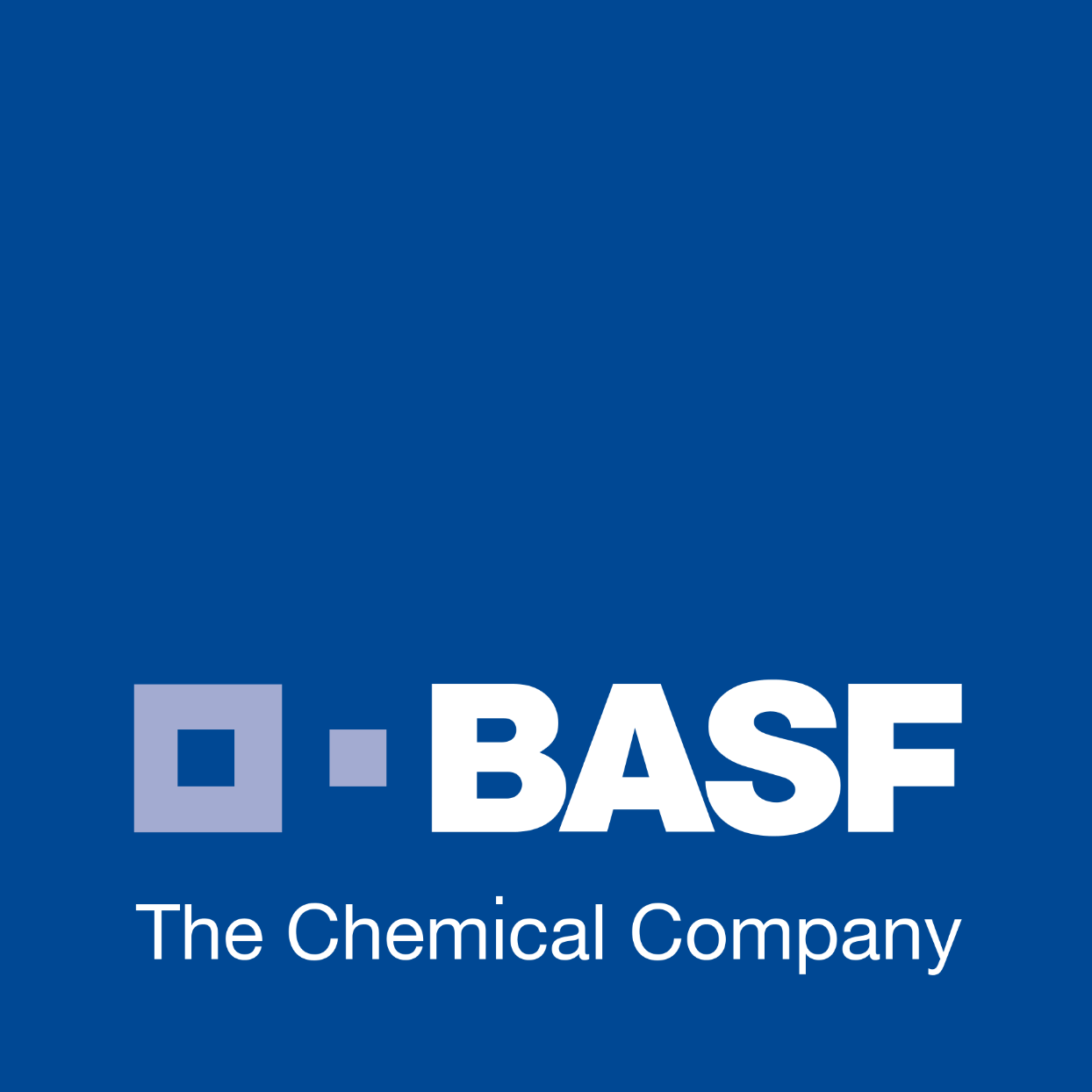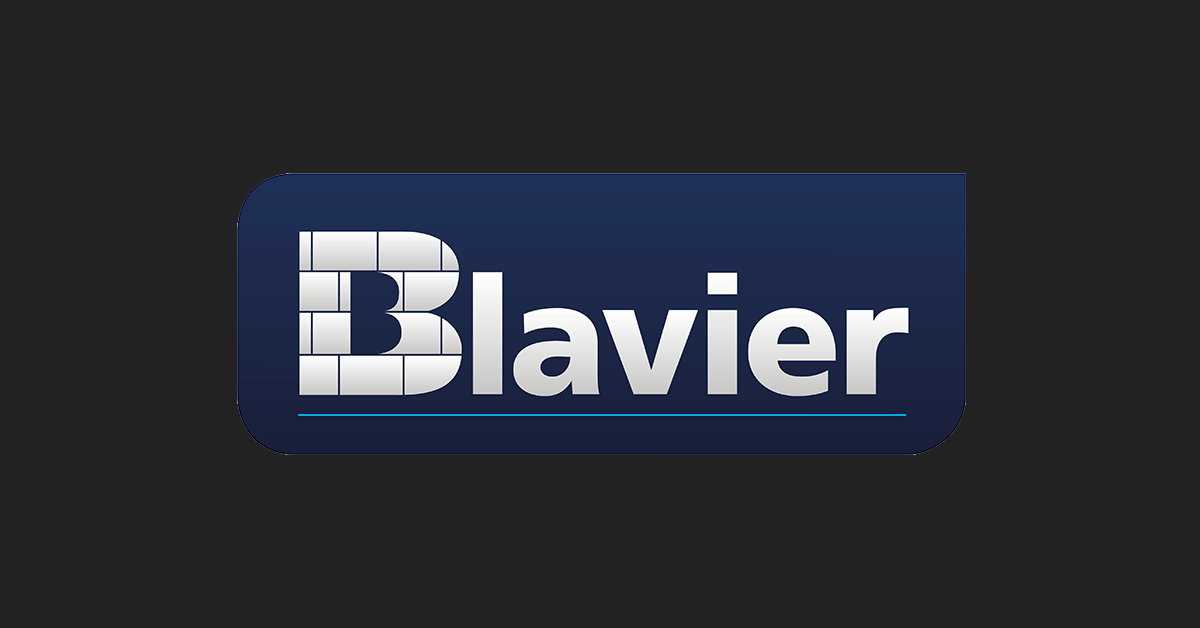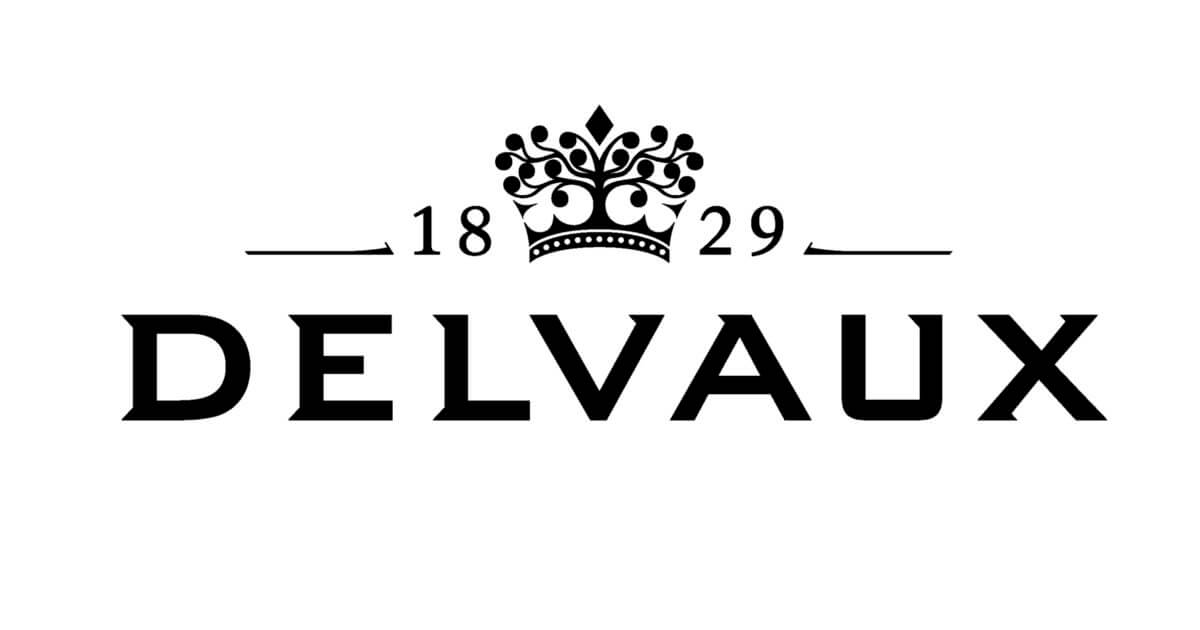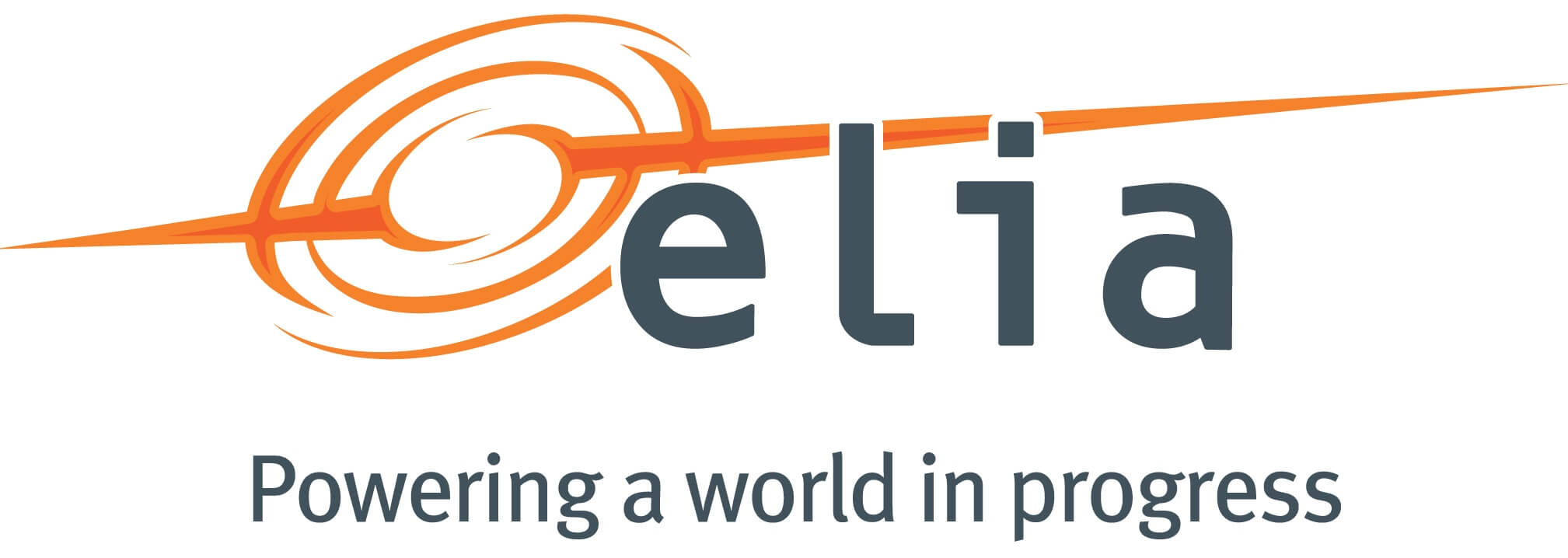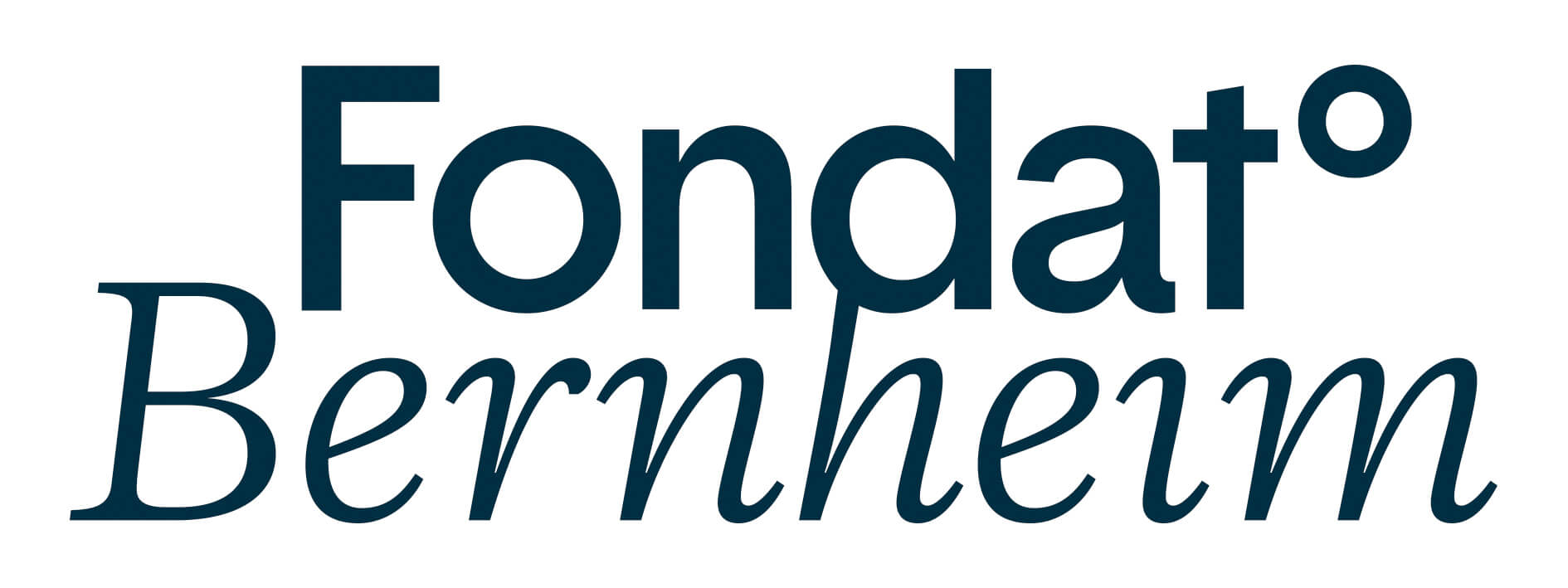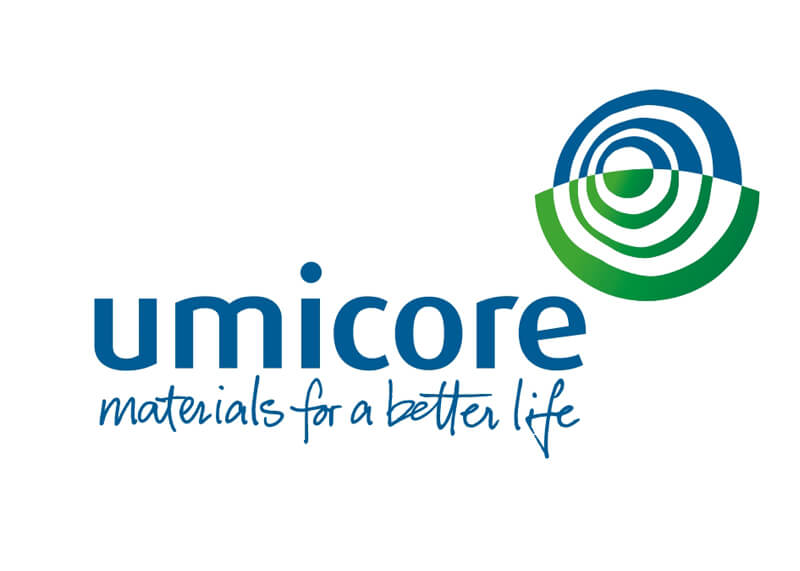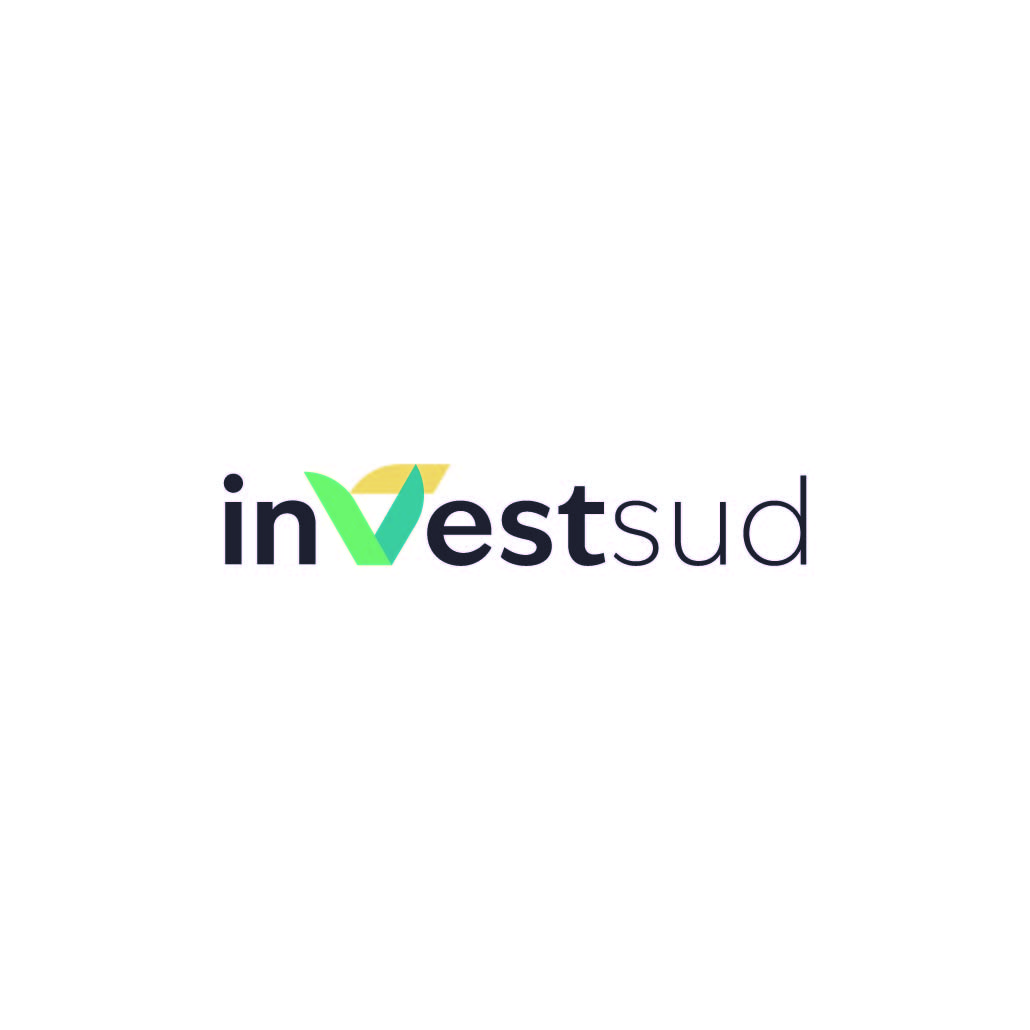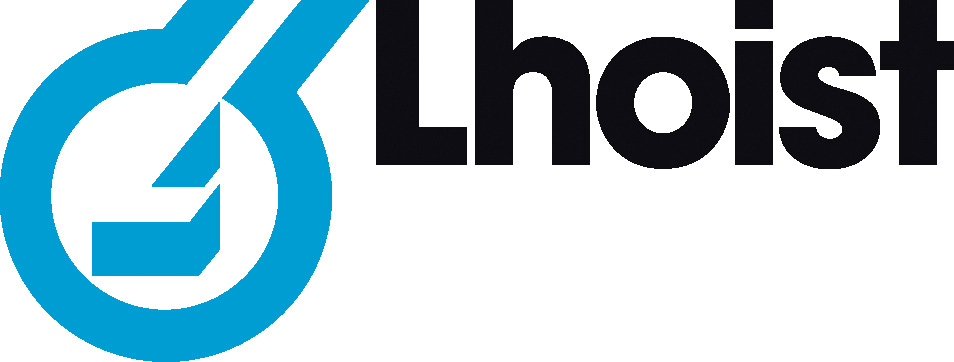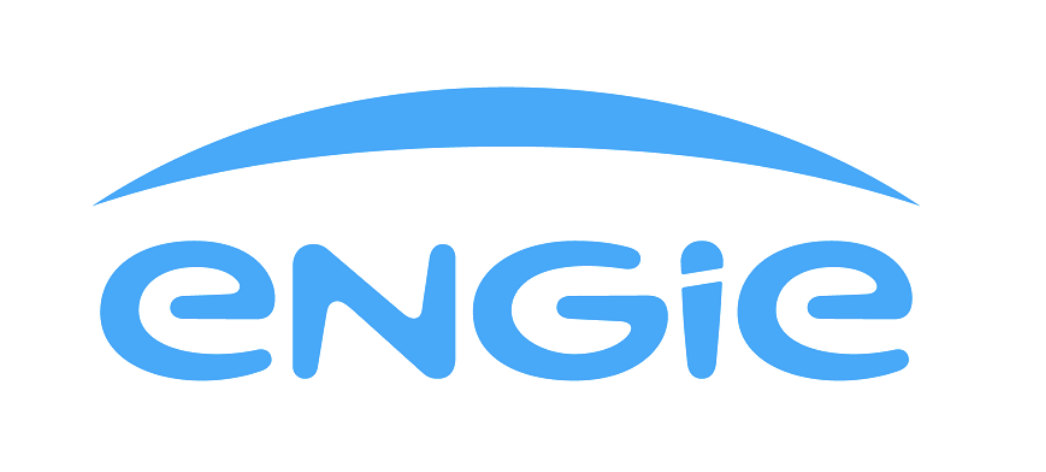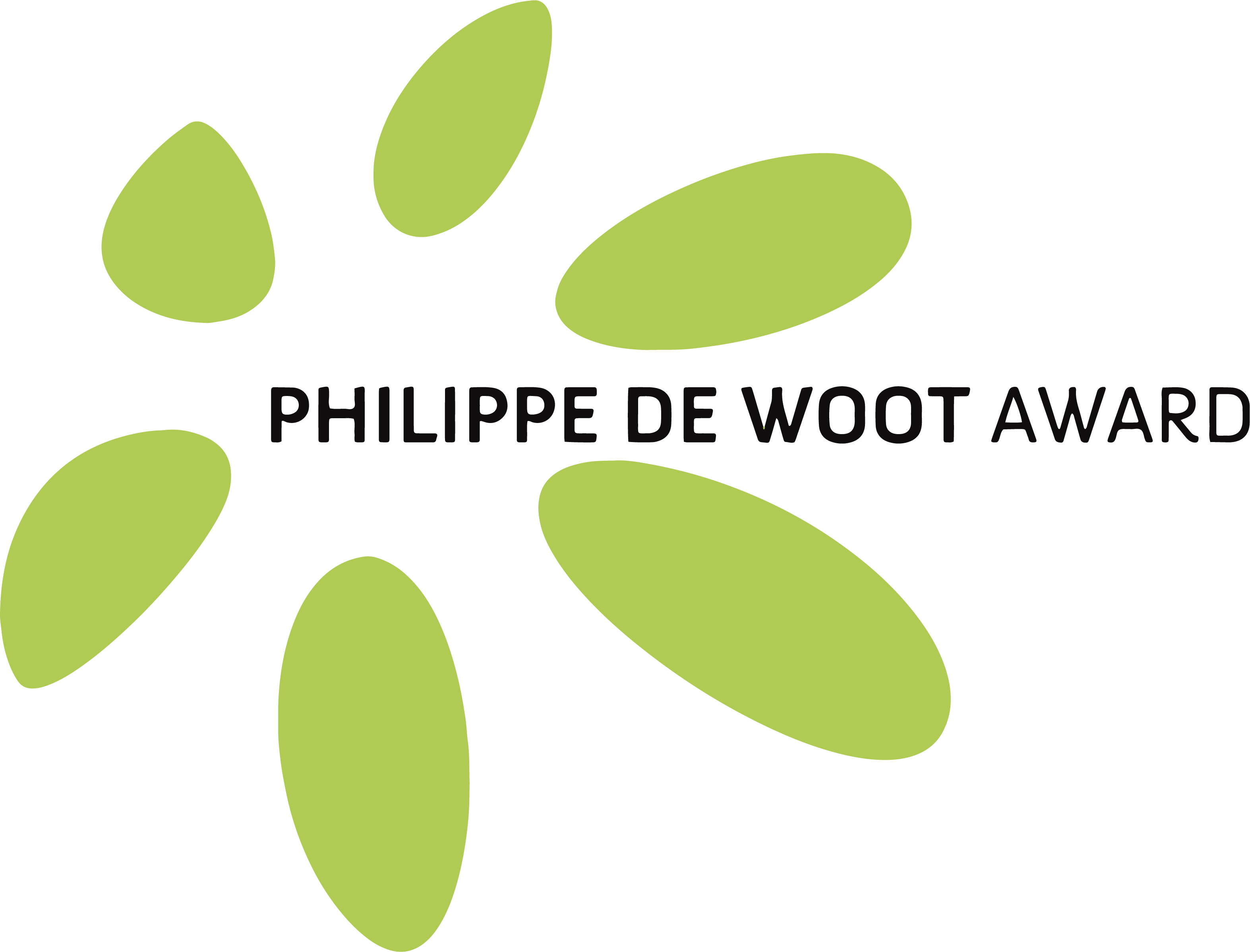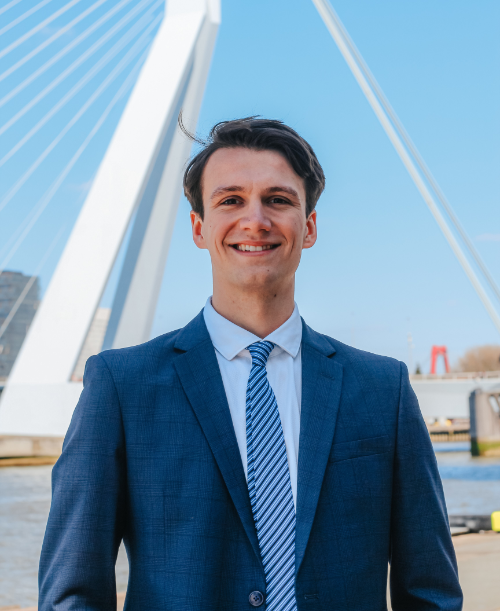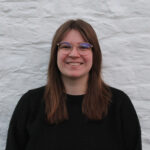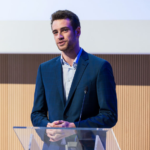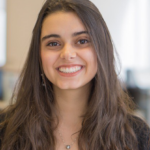Edition 2026
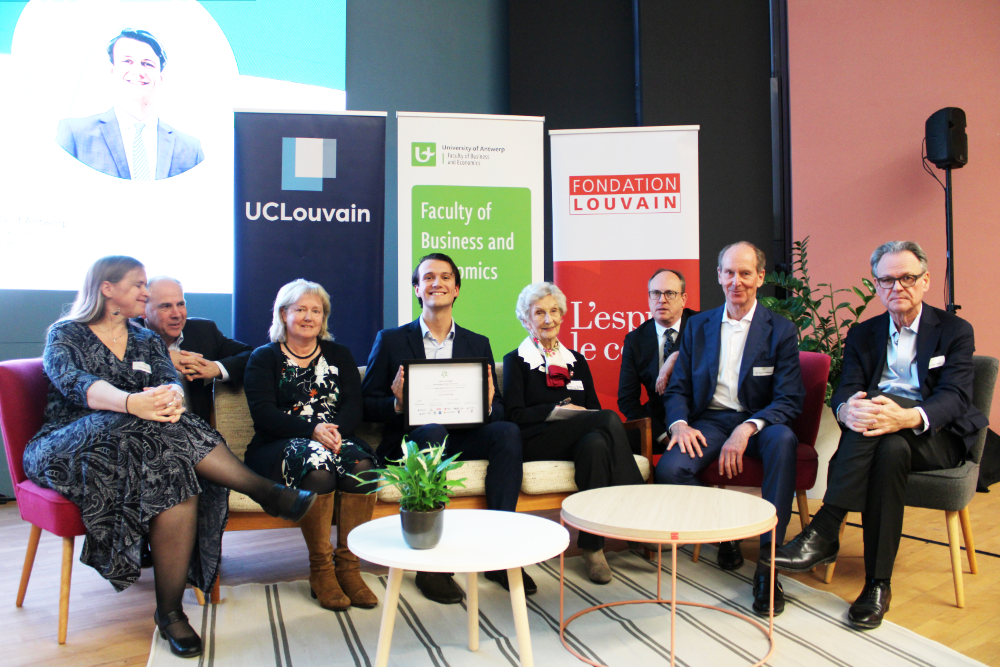
©Kathleen Andries
From the left to the right: Valérie Swaen and Luc Van Liedekerke (coordinators of the Philippe de Woot Award), Ann Jorissen (vice-dean of the Faculty of Business and Economics of University of Antwerpen), Mels Arnoldy (winner of the 2024 edition), Anne-Rose Philomène de Liedekerke (spouse of Philippe de Woot), Charles de Liedekerke (founder of the Philippe de Woot Award) and Eric Archambeau (2024 guest speaker).
To know more about the objectives of this Award and the process to submit your master thesis, click on the following button.
The 9th edition of the Philippe de Woot Award
The 2026 Philippe de Woot Award Ceremony for Best Master Thesis on Corporate Social Responsibility will take place in Louvain-la-Neuve. More information available soon.
If you’ve missed the ceremony, watch the video below
A word about the hosting University
UCLouvain is a multi-site university composed of 8 campuses! Close to its students, UCLouvain actively develops fundamental and applied research, establishing connections with the socio-economic world for ever greater excellence. The 2026 edition of the Philippe the Woot Award will take place on the Louvain-la-Neuve campus.
Situated 30 km from Brussels in the heart of the Brabant Wallon Province, the UCLouvain campus in Louvain-la-Neuve hosts over 20,000 students across its 11 faculties. Founded by the university in 1971, the city is one of Europe’s newest. Nestled in the countryside, it provides an outstanding quality of life for students, researchers, professors, and residents. The city features museums, cinemas, theatres, concert and exhibition halls, a swimming pool and fitness center, restaurants, cafés, shops, and green spaces, all contributing to its renowned lively and friendly atmosphere.
The entirely pedestrianized city center allows easy access to all academic buildings and fosters frequent interactions among students, researchers, professors, and residents, creating a unique social, cultural, and economic fabric.

© UCLouvain / Globalview – Simon Schmitt

Organization and nominees
46 master theses have been submitted from 8 different countries. They have been examined in two steps:
- Jan BEYNE – Antwerp Management School, Belgium
- Christel DUMAS – ICHEC Brussels Management School, Belgium
- Nicolas DENDONCKER – UNamur, Belgium
- Frédéric DUFAYS – KU Leuven, Belgium
- Tobias GOSSLING – Kedge Business School, France
- Julie HERMANS – UCLouvain – LSM, Belgium
- Catherine JANSSEN – ULB-Solvay, Belgium
- Albert LOHR – TU Dresden (Emeritus) – Germany
- Céline LOUCHE – University of Waikato, New Zealand
- Sybille MERTENS – HEC Liège – ULiège, Belgium
- Sophie PONDEVILLE – UNamur, Belgium
- Coline RUWET – ICHEC Brussels Management School, Belgium
- Valérie SWAEN – LSM – UCLouvain/IESEG Management School, Belgium/France
- Luc VAN LIEDEKERKE – Antwerp University, Belgium
- Annick VAN ROSSEM – KU Leuven, Belgium
- Jeroen ALTING VAN GEUSAU – SNCB
- Michel BANDE – Solvay
- Marion BIRNSTILL – Johnson & Johnson
- Thomas CANON – IBA
- Marie d’HUART – CAP conseil
- Dominique DUSSARD – Transparency International Belgium
- Gaëlle JANSSENS – The Shift
- Dirk LE ROY – Sustenuto
- Jan NOTERDAEME – CSR Europe
- Philippe WEILER – FairTrade Belgium

The nominees & finalists
Among the submissions, the academic jury selected the 6 following nominees.
The three shortlisted finalists are:
- Mels Arnoldy (Rotterdam School of Management, Erasmus University, the Netherlands): “Material logistics infrastructure in a circular hospital”
- Elisa Fernandes da Silva (ESADE – Spain & Fundação Getúlio Vargas, Brazil): “Socioeconomic and psychological effects of land titling: A social impact study”
- Guillaume Thys (Solvay Business School of Economics and Management, Belgium): “The Corporate Sustainability Maturity Model (CSMM): Evaluating European firms in a fragmented reporting landscape”
To get a better insight about the different projects, the 6 nominees have made a small video to explain and better illustrate their goals.
Material logistics infrastructure in a circular hospital
Mels ARNOLDY (Rotterdam School of Management, Erasmus University, the Netherlands)
Over the past thirty years hospitals have become more reliant on single use medical devices and their linear value chains. These linear value chains cause the healthcare sector to contribute significantly to environmental pollution that negatively impacts global health. Healthcare sectors, government institutions and academics all over the world have recognized that emergency action is needed. Hospitals should shift away from single use (SU) medical devices (MDs) to reusable (RER) MDs that are reprocessed, repaired and recycled to increase circularity, lower environmental impact and save on costs. In order to make this shift, the material logistics infrastructure of hospitals will need to be adapted which has not been studied before. This research fills this research gap by answering the following research question.
RQ: What are the implications on the material logistics infrastructure in a circular hospital?
This design science research study designs solutions for Dutch academic hospitals by using both academic and management literature combined with observations, expert knowledge and archival documentation of Dutch academic hospitals Erasmus Medisch Centrum (Erasmus MC) and Leids Universitair Medisch Centrum (LUMC) and expert knowledge from business offering a solution and experts by experience of a solution. This study goes over three phases of the problem-solving cycle, being problem definition, analysis and diagnosis and solution design.
This study consists of four main deliverables that all contribute significantly to theory and practice. First, the results of all Life Cycle Assessment (LCA) (and Life Cycle Costing (LCC)) studies that compare a SU with a RER medical device in tables, showing that RER versions have most often lower environmental impact and/or costs. Second, a novel typology that identifies eleven different types of MDs that have different requirements on six material logistics infrastructure elements when switching from a SU to a RER version. Third, 70 problems based on this typology identified at either one or both case hospitals. Fourth, a solutions flowchart presenting the importance and order of the designed solutions that solve almost all identified problems. The most important solutions are solutions around the material logistics infrastructure element of tracking and tracing. When implemented, the designed solutions will help hospitals to move away from SU MDs to RER MDs, increase circularity, lower environmental impact and save on costs.
Tensions in series: Gender and work in the governance of Belgian cooperatives
Zoé MARLIER (UMons – Belgium)
Some authors have emphasized the under-representation of women in decision-making bodies of the social economy. However, little work focuses on women involved in the social economy and cooperative boards. Therefore, the aim of this research is to study the tensions related to gender and work within the administrative bodies of Belgian cooperatives. Based on the analysis of interviews with women directors, this thesis aims to explore women’s commitment as members of the board of cooperatives and the tensions that it causes. As social economy enterprises, cooperatives claim to be particularly attentive to democratic governance. This study highlights the tensions between women’s involvement in the board and the family sphere, at a time when feminist demands are developing and a certain loss of meaning of work in its classical organisational forms exists. These systemic tensions are the result of patriarchal ontology, from which the cooperatives cannot be completely undone. Such research contributes to a better understanding of the different profiles of women committed in the boards of directors of cooperatives but especially of the tensions and inequalities they encounter. Furthermore, it helps to identify the elements promoting their commitment and thus fight against their under-representation in administrative bodies.
Navigating Uncertain Waters: The Dynamics of Stakeholder Management during Geopolitical Crises
Kateryna BILYK & Bogdan PRODAN (Copenhagen Business School – Danmark)
This study offers an in-depth exploration of multinational enterprises’ (MNEs) strategic responses to stakeholder concerns amidst geopolitical crises, with a specific focus on the recent Russia-Ukraine conflict, building upon institutional and stakeholder theories to elucidate the complex dynamics at play. Our research reveals that the strategic response of MNEs is a complex process that requires an intricate balance of stakeholder concerns, corporate values, and the evolving geopolitical context. The study highlights the critical role of these elements and their interplay in shaping MNEs’ strategic responses. It suggests that such responses are not solely reactionary but deeply embedded in the MNEs’ understanding of these components. The study also underscores the dynamic nature of the strategic response, requiring MNEs to continually reassess and adapt their strategies as the geopolitical crisis unfolds. This dynamic reassessment, guided by the firm’s corporate identity and its alignment with addressing stakeholder concerns, not only maintains the firm’s integrity but also aids in effectively navigating the crisis. This research contributes to the extant literature by presenting an integrated perspective framework that elucidates the dynamics shaping MNEs’ strategic responses to geopolitical crises.
The Corporate Sustainability Maturity Model (CSMM): Evaluating European Firms in a Fragmented Reporting Landscape
Guillaume THYS (Solvay Business School of Economics and Management – Belgium)
This thesis aims to provide a comprehensive examination of the evolving Corporate Sustainability landscape in Europe. With this objective in mind, an in-depth review of the European regulatory architecture and its most recent developments, as well as sustainability reporting standards, sustainability frameworks and ESG (Environment, Social and Governance) ratings, was conducted to inform the design of the Corporate Sustainability Maturity Model (CSMM). The CSMM, strong of its fifty evaluative criteria across the three ESG dimensions, was used to assess the progress of the top fifty European firms by market capitalization from 2016 to 2021. Findings indicate an overall positive trend in all three dimensions, more particularly in the social and governance dimensions, which were both lagging behind in 2016. A comprehensive analysis of potential explaining factors of the automotive industry’s substantial lead highlighted the key role of industry associations and stakeholder pressure in improving corporate sustainability. In addition, “best improvers“ wereidentified from the sample of companies, and a case study was conducted on Enel, highlighting the key role that leadership, disruption of traditional organizational structures and open innovation have had in its fulgurant progress in Corporate Sustainability maturity. This thorough examination of the CSMM’s key findings, backed by scholarly references and empirical evidence, reinforces the model’s credibility.
Socioeconomic And Psychological Effects Of Land Titling: A Social Impact Study
Elisa FERNANDES DA SILVA (ESADE – Spain & Fundação Getúlio Vargas, Brazil)
Lack of land titling is an issue that effects many Brazilians and has massive implications on their socioeconomic and psychological conditions. Seeking to change this reality, Terra Nova is a social enterprise that works with the mediation between communities and landowners to regularize land titling in vulnerable urban areas. In this sense, it is crucial to understand the impacts of having a land deed on the life of these residents. The importance of having an impact management tool comes from accountability purposes and as an instrument of apprenticeship for organizations. Therefore, the objective of this study is to have a better understanding of the social impacts of land titling policies on the socioeconomic and psychological conditions of individuals living in irregular urban settlements. For this purpose, a theoretical deepening regarding impact evaluation methodologies and land titling was conducted, leading to the elaboration of the Theory of Change for Terra Nova and a questionnaire based on it. The survey was applied in a community finalizing the process of regularization in addition to a control group. The results have shown that securing tenure has a positive impact on financial indicators, on self-esteem, on well-being, and on general psychological conditions of the residents.
How to radically reduce air travel emissions for student mobilities? UCLouvain case study
Ségolène D’HOOGHE (Louvain School of Management -UCLouvain, Belgium)
While scientists have been warning us about climate change for over 30 years, GHG emissions have yet to start decreasing. While so far, most governments have focused their efforts on renewable energies and energy sufficiency technologies, it appears that energy sufficiency measures, meaning restricting energy consumption will be inevitable to limit global warming under 2°C. In the aviation sector, energy sufficiency consists in reducing the number of passengers. This master thesis looks at ways to reconcile climate objectives with air travel-intensive student mobilities by looking at the case of UCLouvain. First, this master thesis evaluates the environmental impact of student mobility. Through a quantitative survey, we found that the impact of a mobility is equivalent to 4 round-trip flights to the destination. While currently implemented measures mainly focus on incentivizing students going on European mobility to take alternative modes of transportation, these measures miss the elephant in the room: transcontinental mobilities are responsible for 75% of UCLouvain student mobility emissions while only accounting for 32% of the total number of mobilities.
We found that in order to reach its 48% GHG emissions reduction objectives, UCLouvain should relocate to Europe at least 2/3 of transcontinental mobilities. For decarbonizing European mobilities, this master thesis developed the promising idea of the “Erasmus bus”. Routes would connect university campuses and directly bring students to their mobility destination. These buses would be operated exclusively for students and at low price, which makes it interesting for universities with limited budget.

A word about the keynote speaker
Eric Archambeau

©kmeron, CCBY2.0 via Wikimedia Commons
Eric Archambeau stands as a visionary entrepreneur, a pioneering impact investor and a fervent advocate for both healthy food education and regenerative agriculture. His multifaceted contributions have made a lasting impact, shaping both the business and educational spheres towards a more sustainable and socially responsible future.
2017 marked a pivotal moment in his career when he established Astanor Ventures, which later earned the esteemed status of B Corp in October 2023.
Astanor Ventures, a global impact investment fund, stands as a beacon for mission-driven entrepreneurs. Eric’s leadership has positioned the fund as the global leader to support those who offer disruptive and scalable technologies, with a fundamental commitment to placing nature at the core of a new sustainable agri-food system. Recognized as one of the pioneering figures in impact investing in Europe, Eric’s influence extends beyond the creation of Astanor Ventures.
After a career in Silicon Valley spanning more than twenty years throughout the 1980s, 90s and early 2000s, where he held numerous positions as an engineer, manager then CEO of several software companies he co-founded, he finally became a venture capitalist at Benchmark Capital. Eric then moved to London where as managing partner of several venture capital firms, he built an enviable track record by investing early in companies such as Betfair, Spotify, Xing or Onfido. In parallel, Eric started to be involved in socially and environmentally impactful entrepreneurs as early as in 2003 when he co-founded Social Impact International, an accelerator for social entrepreneurs with activities in India, Central Europe, Central America and the Pacific Islands, providing invaluable support to numerous high-impact organizations. His commitment to fostering positive change is further exemplified through his role as the global chairman of the Jamie Oliver Food Foundation.
Beyond the realms of business, Eric Archambeau has shared his expertise as an educator. He has contributed to the academic landscape by teaching at INSEAD, where he played a pivotal role in establishing the department of social entrepreneurship. He is also the author of a book, ‘Costing the Earth: How to fix finance to save the Planet”. In this book, Eric argues that the only viable and sustainable way to achieve net-zero is to adopt the model pioneered by impact investors, which takes the three Ps – profit, people and the planet – into account when valuing a company or tracking its performance without waiting for an overhaul of the international accounting system that will only come in the next decade. Only when those environmental and social costs , currently ignored, are being mandated to be taken into account then will business leaders all over the world be incentivized to place sustainability and the regeneration of the planet’s resources at the heart of their operations and decision-making.
Are you interested in the Philippe de Woot Award?
The next edition will take place in 2026
Any graduate student from a university or business school with a Master’s degree whose dissertation deals with CSR or sustainable development defended during the academic years 2023-2024 & 2024-2025 can apply for this award.

Our partners
Academic partners
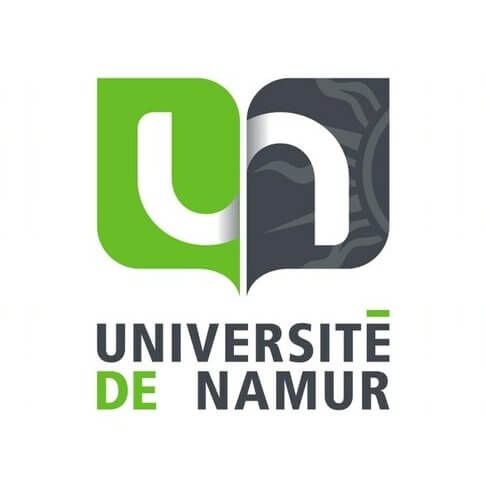


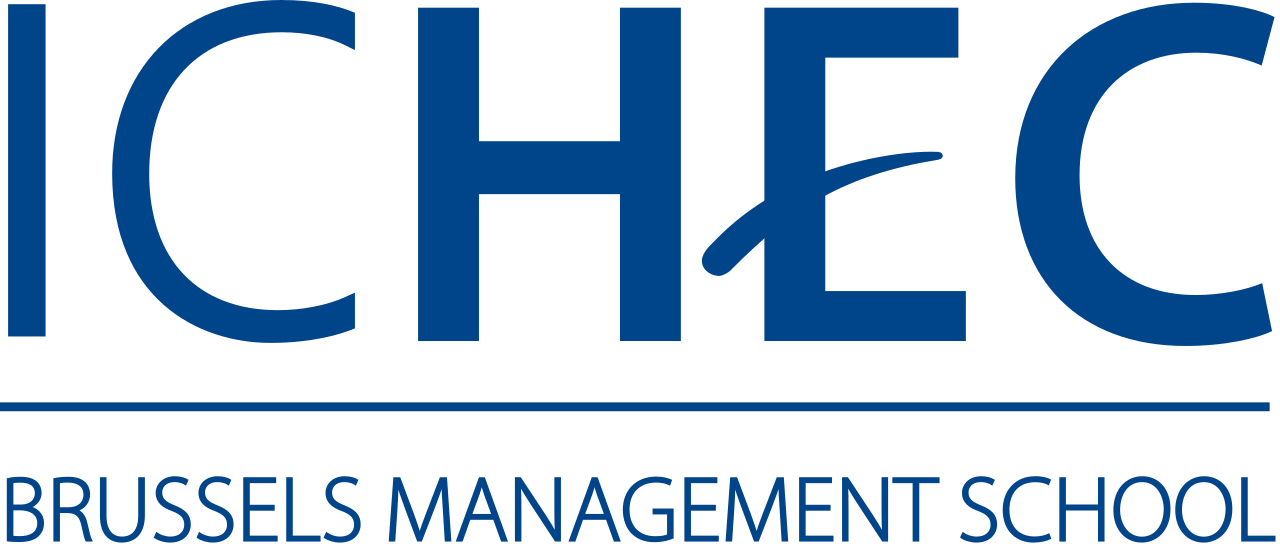


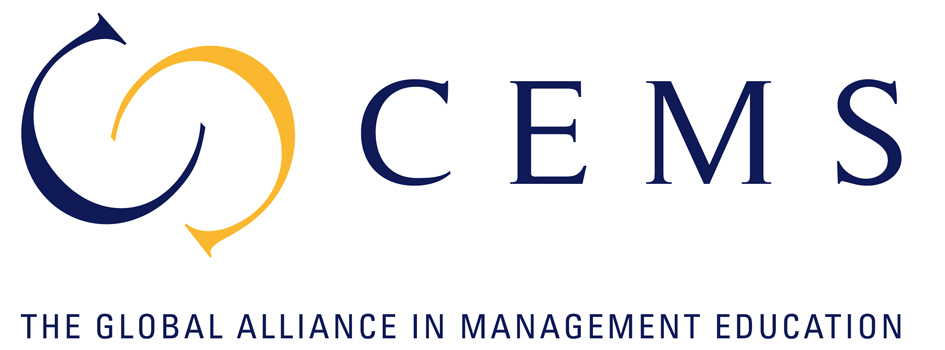
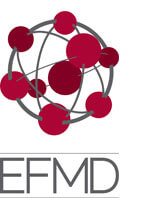
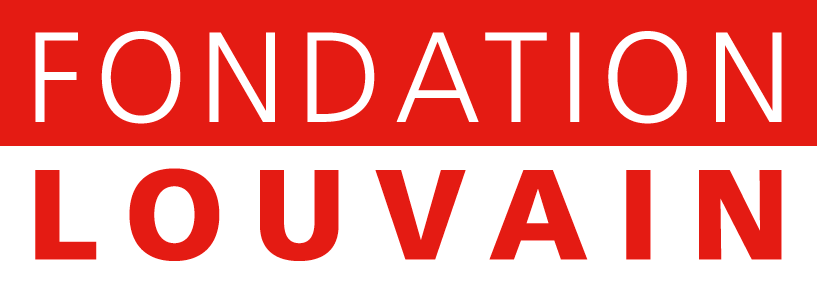

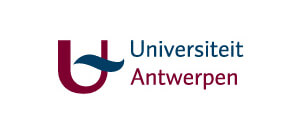
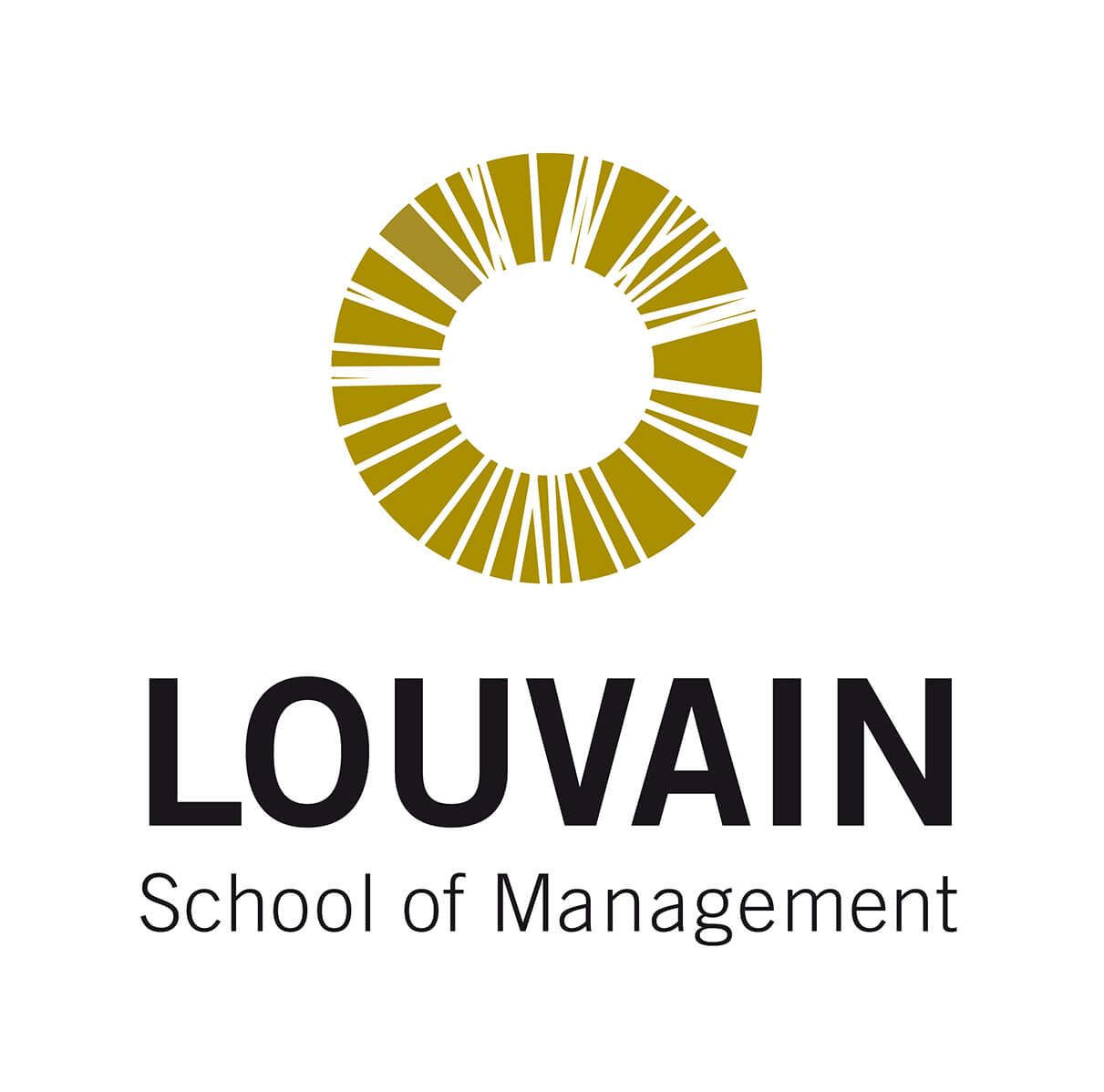

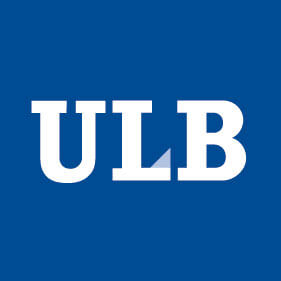


Our partners
Financial partners

